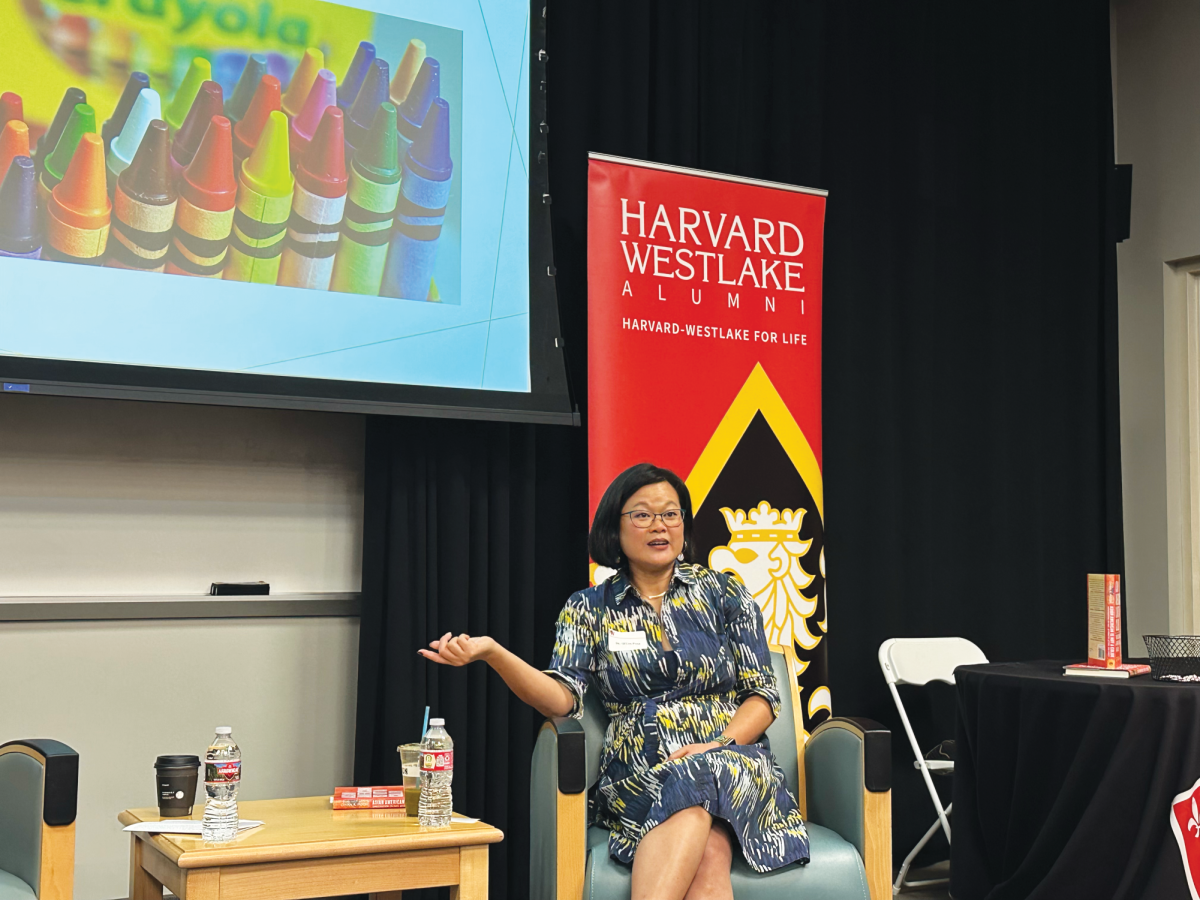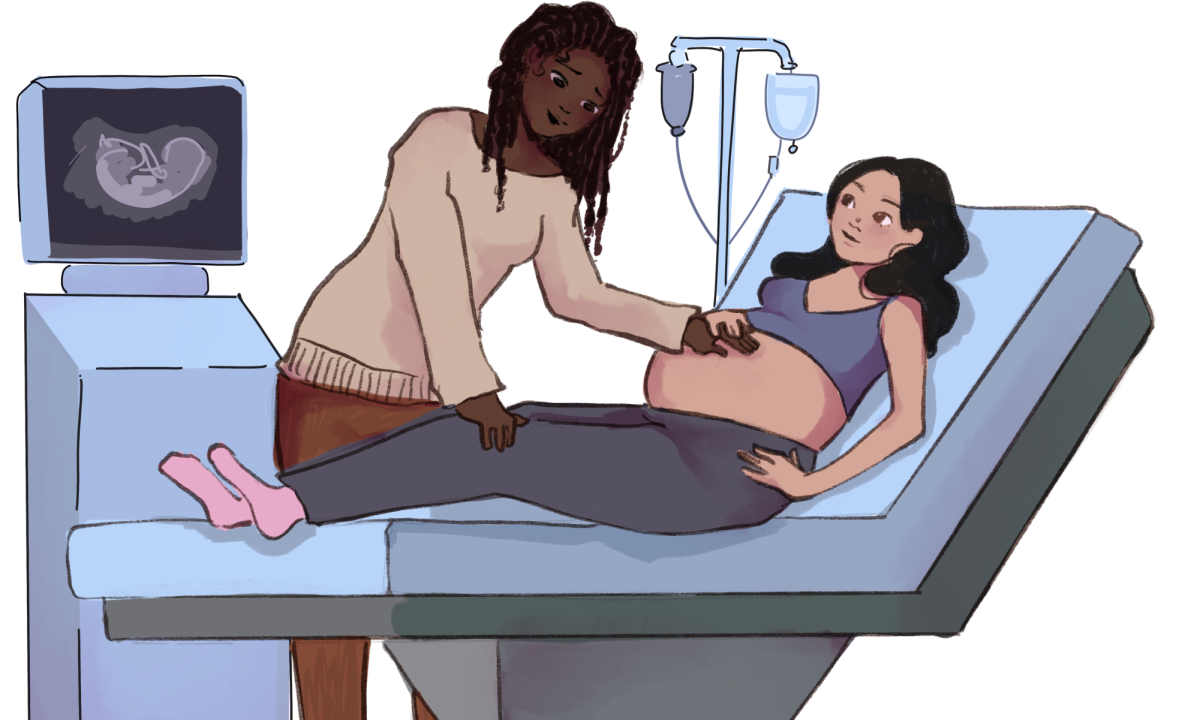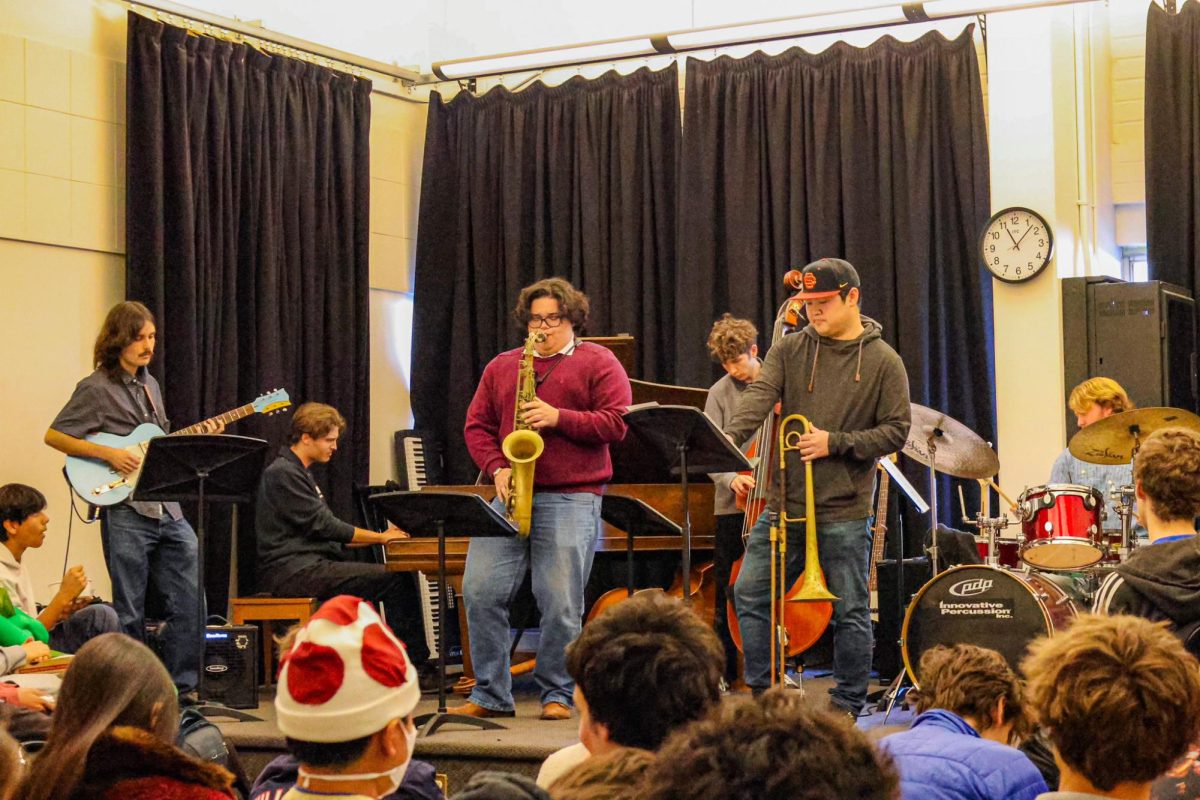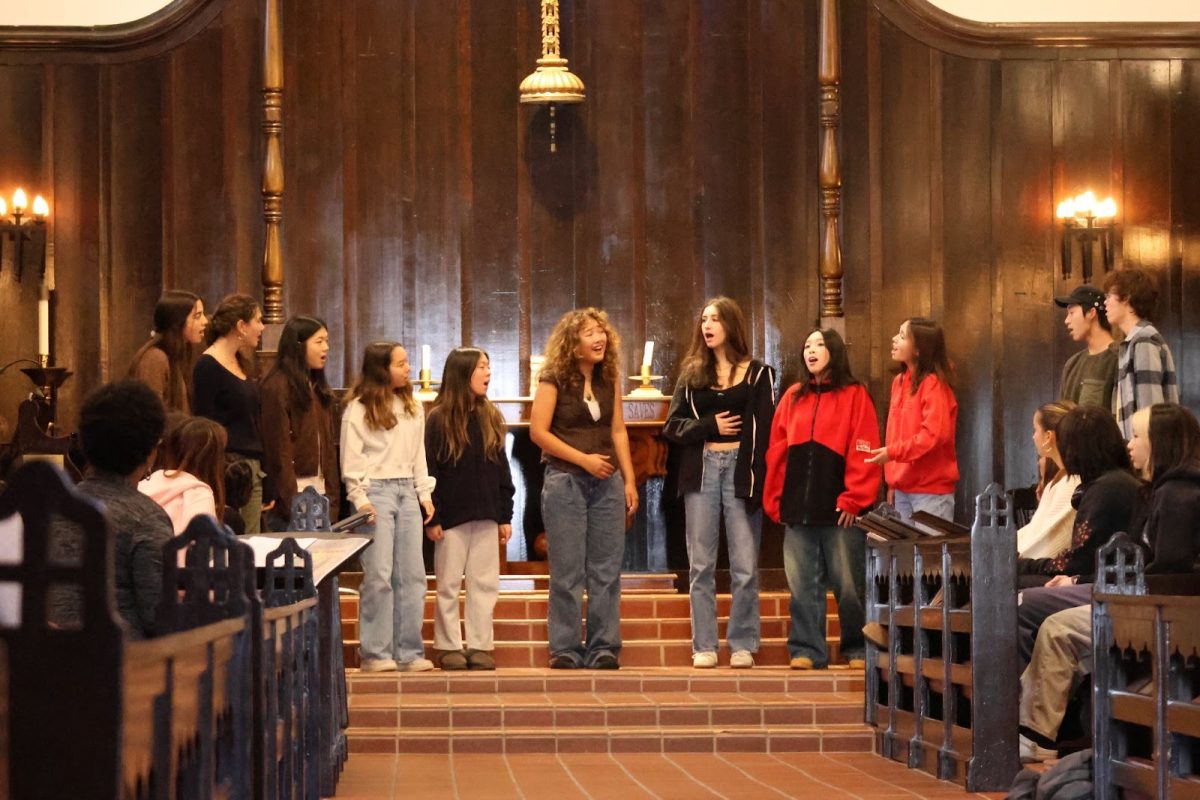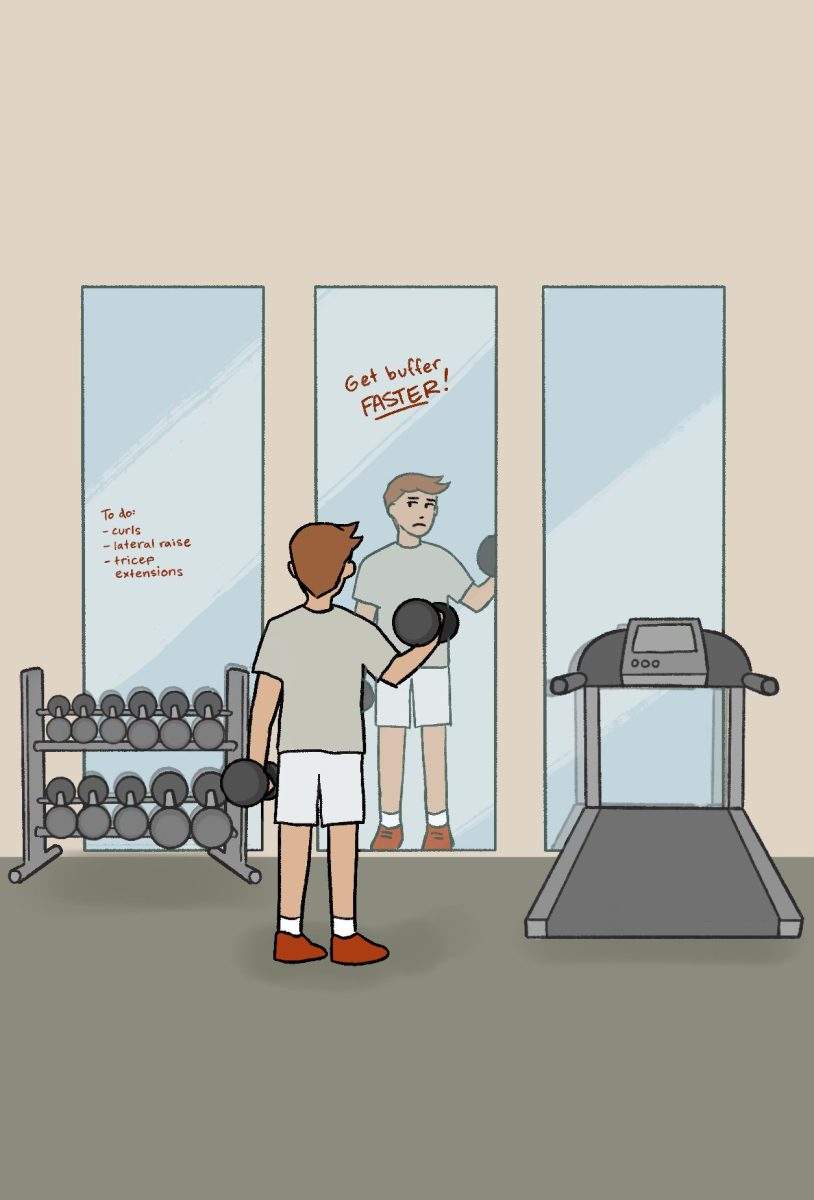By Esther Zuckerman
Maya Spitzer â08 and her friends in the Bânai Brith Youth Organization got back on their bus after touring an Israeli military base on the border between Israel and Lebanon and were surprised to find that their schedule had been changed.
They had spent the day learning about the Israeli army, and how it did its job. They held guns and rode in tanks, activities that most civilians arenât allowed to do.
Excited to continue touring other areas in the north of Israel, the students boarded the bus, but instead, the bus was headed back towards Tel Aviv. Conflict had broken out between Israel and the Islamic militant organization Hezbollah.
âI was pretty scared in the beginning because Israel had been doing so well in stabilizing its relationships with its neighbors, and suddenly it all came crashing down,â Spitzer said. âI was in the middle of it.â
Spitzer was just one of the Harvard-Westlake students touring Israel this summer when the conflict began on the border between Israel and Lebanon. Areas on both sides were being bombed heavily, and many students were nearby.
The base where Spitzer was visiting was hit after they left.
Daniel Meer â08, who participated in the University Synagogue Youth program that spent two weeks in Eastern Europe before continuing to Israel, was never in the areas that were hit but felt the impact of the conflict.
âOur program was changed on a daily basis,â he said. âOne day we got on the bus to go to the beach and our rosh, who is the leader, said the plans are changed and we are going to a small shelter where we played soccer and did arts and crafts with displaced kids from the north.â
Other USY trips were much closer to where the actual fighting was.
Haifa, a city in the north, was hit by a rocket the night after Arielle Zakowskiâs â08 group left. Despite being close to the action, Zakowskiâs fears were minimal.
âWhen you are there, you donât feel like anything is wrong,â she said. âEveryone goes about their normal life because they are used to it.â
All of the programs were prepared for an emergency because, since its creation, Israel has been subject to constant threats.
Hannah Platt â08, Sarah Leiter â08 and Havi Mirell â08 visited the north of Israel with the Ramah Seminar before the fighting started, though they heard later that places they visited and stayed were destroyed.
Another Ramah group who was doing a âsea to seaâ hike was 15 minutes from being hit by a rocket.
âI was never scared,â Mirell said. âI felt more safe in Israel than I do now [in America].â
Noa Naftali â08 and Jordan Heller â08 are both spending time during the upcoming school year in Israel.
Because of her fatherâs business, Naftaliâs family has rented a house in Herzeliyya Petuach, near Tel Aviv, for the entire year.
Naftali arrived in the middle of August and has already started school, where she has the same class schedule as she would at Harvard-Westlake.
For the past few years Naftaliâs father needed to travel to Israel and other places near the Middle East.
The family chose to move to Israel so they could spend more time together.
After the conflict began, her family reconsidered their move but decided that it would be better to continue as planned.
âThe fact is that when you are in Israel, you donât feel the war nearly as much as you would think from what is shown on the news,â Naftali said.
Naftaliâs life has not changed very much since she moved.
âNothing feels different,â she said. âI still wake up in the mornings and go to school, hang out with friends, everything I would normally do.â
Heller left for Israel on Aug. 28 and is there for the first semester as part of the Meitav Youth Fellowship, a group of students from the United States who were nominated by their synagogue as young leaders of the reform movement.
Even though she is not going with family, Heller is already comfortable with the group of teenagers she is with.
She had met with them multiple times before, and they did community service together this summer, in a program called Mitzvah Corps in San Francisco.
Hellerâs program hasnât changed much, she said. She is staying in a kibbutz in the Judean hills in the south of Israel.
They were supposed to spend eight days in the north near Haifa, but that trip has been replaced by other activities.
Some of the people on the program have decided not to attend this semester because of the conflict.
The security for the Meitav Youth Fellowship is on the same level as the security for the Prime Minister of Israel, Heller said.
The advisers constantly talk to the prime ministerâs security agents about any threats.
Heller had conference calls with the other group members to make sure everyone was still comfortable with the semester.
âIâve been counting down, and my entire group is e-mailing each other, and really the war isnât phasing me,â she said. âIâm really not worried that my experience is going to be hindered at all and ven though Iâm not going to the north, I know itâs not my last time in Israel.â


